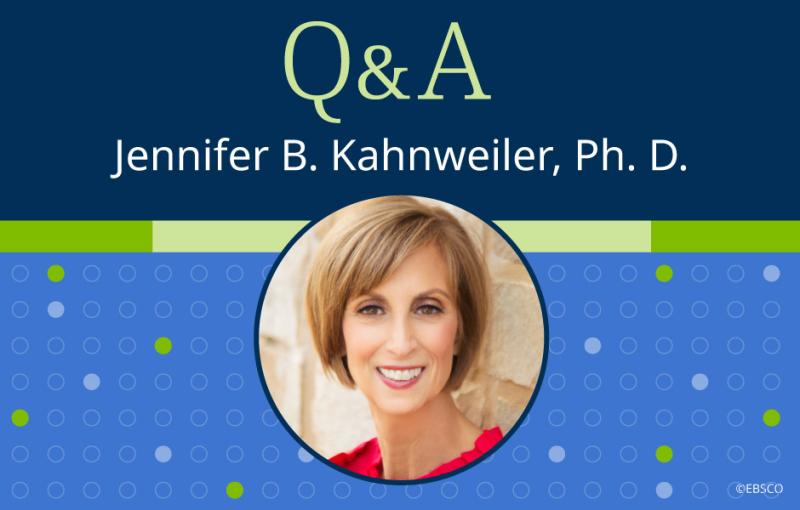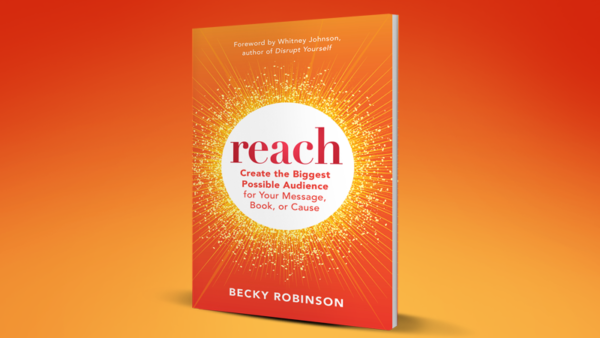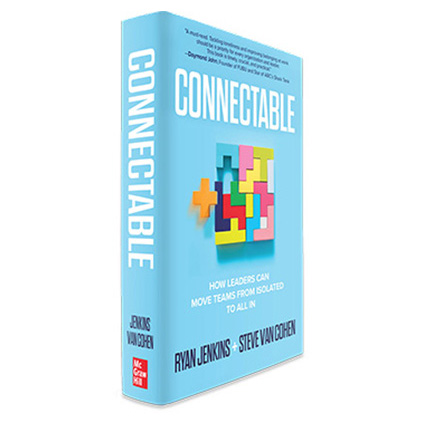David, a manager at a global publishing company was kind enough to write me and share the approach he took to overcoming his performance anxiety. He wrote: ” I am considered an introvert and I am transitioning to a leadership role,” he said.
“……The ironic thing for me is that my position requires a lot of public speaking, training and facilitating in meetings. I will say that it can be very draining, and very often I will withdraw from the public for hours or the rest of the day after long meetings or training sessions. I dine alone or take two-hour naps to recharge.
The public speaking aspects, as well as the internal and external customer interactions that I am “forced” to do, are not so problematic for me now because I a musician, and have for much of my life focused on solo piano. There is nothing quite as nerve-racking as walking up to the stage to expose your every weakness, physical and mental, before an audience who is all too familiar with the repertoire. You think you will make a mistake, then you do, and everybody knows when it happened. It often looms larger in the performer’s mind than it does with the audience, and so it eats away at you. The small mistakes can make you that much more nervous during your next performance. ”
Here is how David said he overcome that challenge: “One of the things I tried to do was to put more focus on the energy or the spirit of the performance, to focus on the performance itself and not the technical aspects of the piece. In this way, someone might say, “oh, it’s a shame you didn’t nail such-and-such a section”; however, they cannot take away from the energy or the emotion of the performance. This makes a performance satisfying to both audience and performer.”
And he continued, ” Besides all that, it makes public speaking a breeze! I always go into a meeting or a training room with the idea that talking is easier than playing Liszt. I have placed my mindset in advance so I can methodically make presentations and “improvise” as necessary. This way, public speaking becomes like playing and I am never nervous.”
David’s parting words? “My advice for people with public speaking fears is to go out and take some piano lessons, with the goal of performing a piece in a group recital after a year or so. These things are typically arranged by studio teachers and are great for inviting family and friends. Not only does one benefit from learning a new language, but one also benefits from the trial-by-fire performance of a Mozart trifle, missing some notes, then moving on with life and getting better.”
Thank you, David. Let’s see if anyone takes you up on your suggestion. Playing an instrument also helps your brain cells multiply so it sounds like a good suggestion all around.





